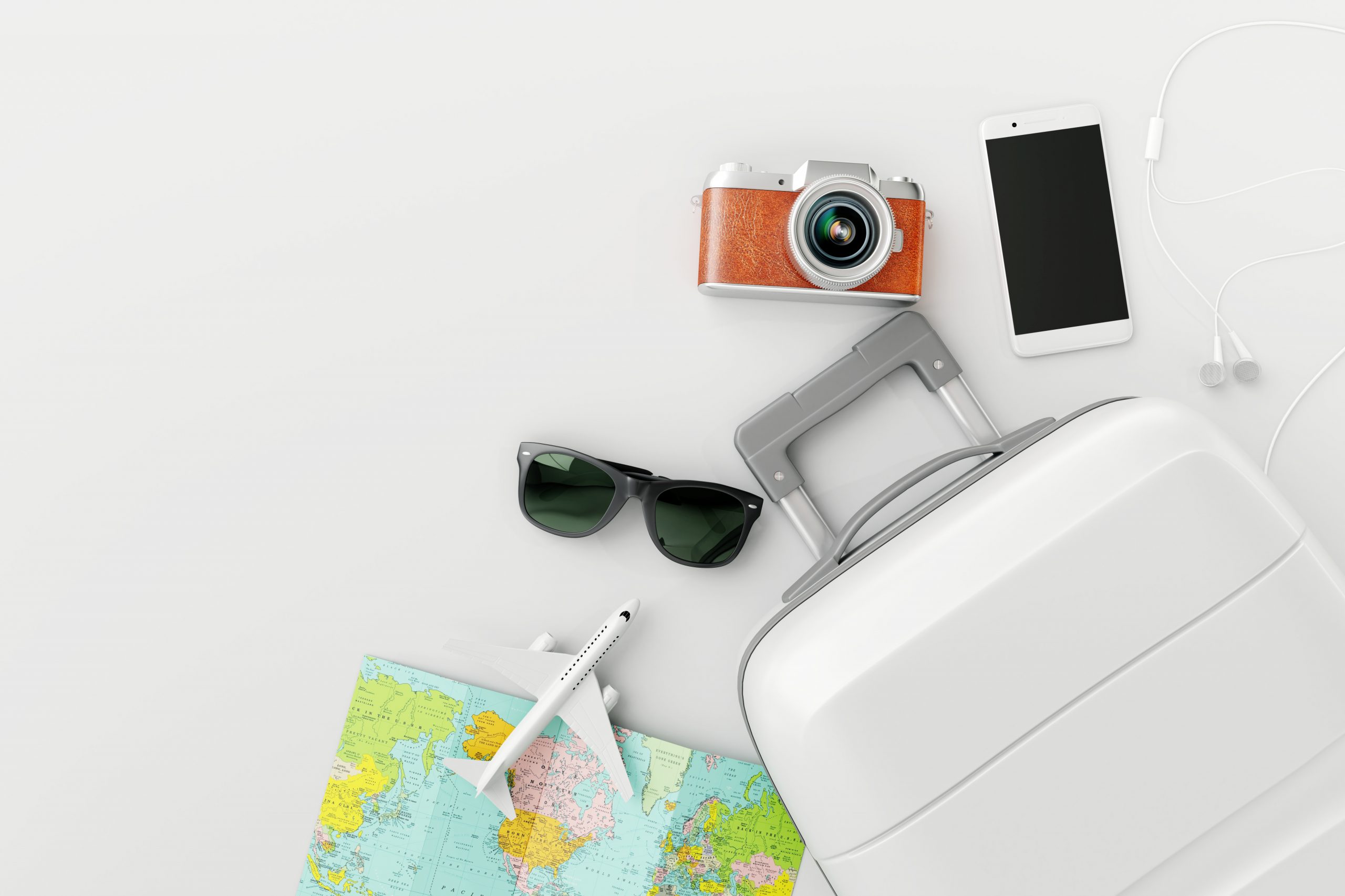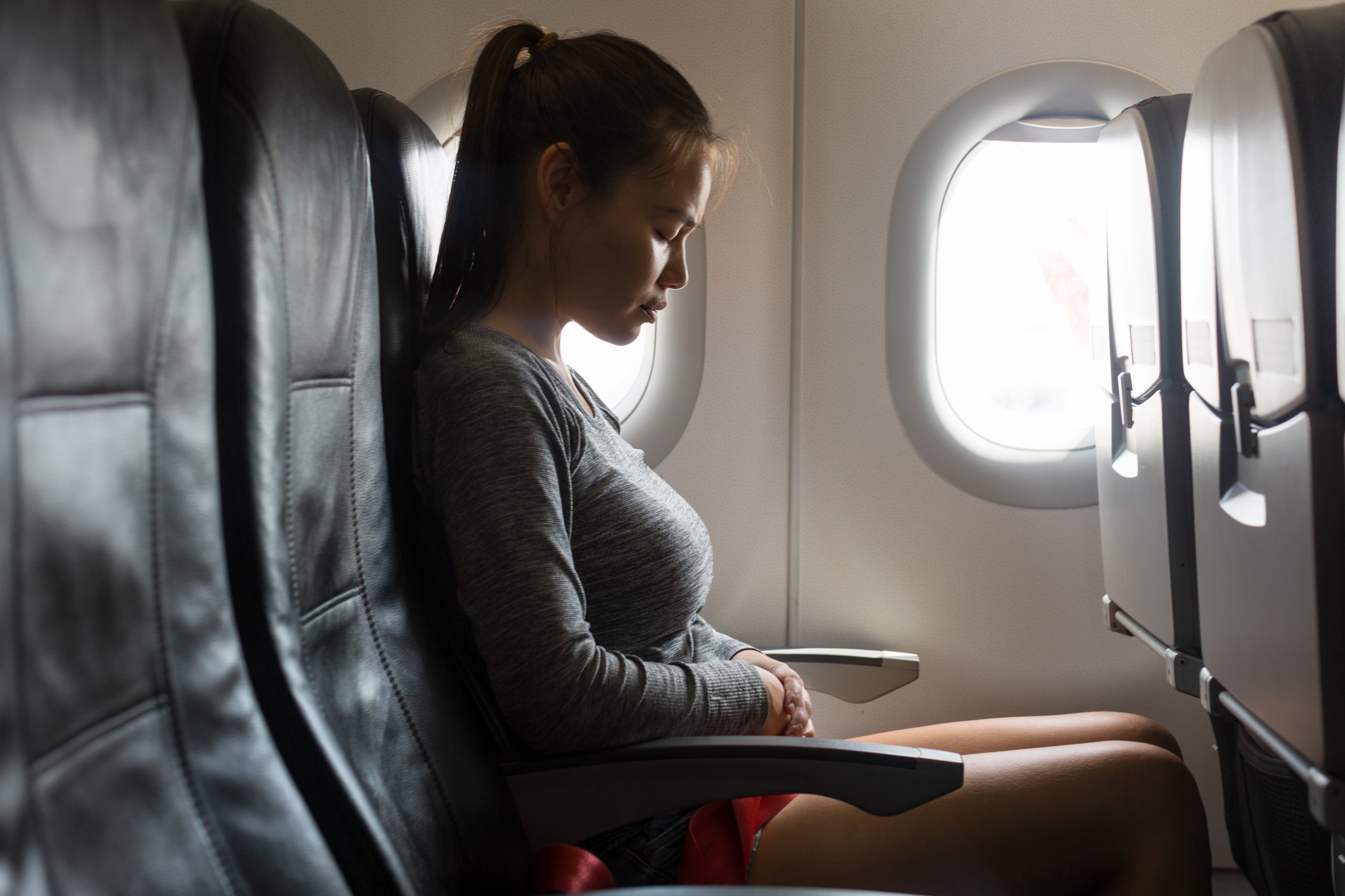Travel
Infections
Malaria is a parasite infection spread by mosquito bites. Travellers to sub-Saharan Africa, India, and parts of Latin America, the Middle East and South-East Asia are at risk of malarial infection. People without a functioning spleen can get a more severe case of malaria.
Babesiosis is also a parasite infection that is spread by certain ticks. Babesiosis can be life threatening for people without a functioning spleen or with a non-functioning spleen.

- See a travel doctor or infectious diseases physician before travelling to affected areas
- Seek advice on taking antimalarial tablets
- Avoid mosquito/tick bites by
- using insect repellent
- covering your arms and legs, especially at sunrise and sunset
- using a mosquito net
- keeping to the centre of cleared paths in tick infested areas
- inspecting your clothes and skin for ticks

- Seek immediate medical advice if you have malaria/Babesiosis symptoms such as:
- fever
- chills
- sweating
- general unwell feeling
- muscle/joint pain
- headache
- confusion
- abdominal pain
- diarrhoea
- cough

Blood clots
There is some evidence to suggest that people without a functioning spleen may be at an increased risk of getting a blood clot, also known as deep vein thrombosis (DVT). Deep vein blood clots typically form in your thigh or lower leg, but they can also develop in other areas of your body. When travelling on aeroplanes or sitting down for long periods of time to ensure you are getting out of your seat on a regular basis. If you cannot walk around perform chair exercises such as foot pumps, ankle circles and leg raises.
For the latest information and advice regarding travelling oversea see the government Smart Traveller website.
Travel Checklist
- See travel doctor 6-12 weeks prior to leaving
- See GP to ensure vaccines are up to date
- Pack your daily (if prescribed) and/or emergency dose of antibiotics and ensure you have enough to last you the entire trip
- In case of lost luggage keep an extra supply of antibiotics in a separate location
- Carry your medical alert card
